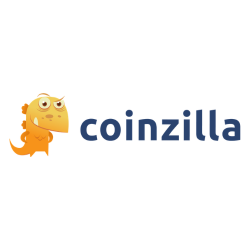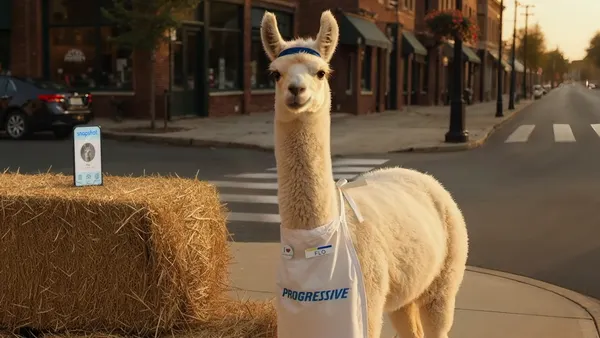Dive Brief:
- E-cigarette brand Juul is debuting a marketing campaign to educate adults about the dangers of smoking and encourage them to "make the switch" to Juul as a cigarette cessation strategy, the company announced in a news release.
- The new 60-second TV commercials feature testimonials of smokers sharing their stories about making the switch to e-cigarettes. The stories have already appeared in print, online and radio ads, but not in paid social media promotions.
- Juul is reportedly spending $10 million on the TV spots, with the commercials airing on cable after 10 p.m., TechCrunch reported. The radio, TV and print ads continue to run, totaling the campaign's marketing spend to about $20 million.
Dive Insight:
The new Juul campaign extends the brand's mission to provide an alternative to smoking, as consuming combustible cigarettes is the No. 1 cause of preventable death. About half of U.S. cigarette smokers will die from a tobacco-related illness, according to Centers for Disease Control and Prevention data cited by Juul.
Juul's new marketing campaign directly targeting adults follows a tumultuous year for the brand, which faced scrutiny from the FDA of the popularity of its products among teens. The company has been working to stop underage use by removing non-cigarette flavors of its Juul pods from all sales channels except for its own website, where it says it can ensure age verification, per TechCrunch. Juul also invested $30 million in a youth prevention plan and went after counterfeiters and illegal sales of its products.
By embracing more traditional advertising formats like late-night TV, print and radio — and not social media — it appears that Juul is making concerted efforts to reach its target audience of adults and make good on its promise to not market to teens. Juul updated its social media and marketing code, and announced it would delete its Facebook and Instagram accounts in November.
The adult education-focused campaign comes as Big Tobacco faces continuing criticism for its marketing efforts. The companies began airing anti-smoking "corrective statements" in 2017, detailing the health risks of smoking in airing ads on primetime TV and print newspapers. Still, the companies were criticized for not running similar ads on digital and social platforms, where they would more likely reach younger people.
A two-year investigation by the Campaign for Tobacco-Free Kids and customer research and consulting firm Netnografica revealed that tobacco companies may have secretly partnered with social media influencers to post images of cigarettes and smoking as part of their marketing strategies. Several public health and medical organizations detailed the findings in a petition to the U.S. Federal Trade Commission, which regulates influencer marketing and requires influencers to disclose relationships to advertisers. None of the images uncovered in the investigation contained disclosures.













